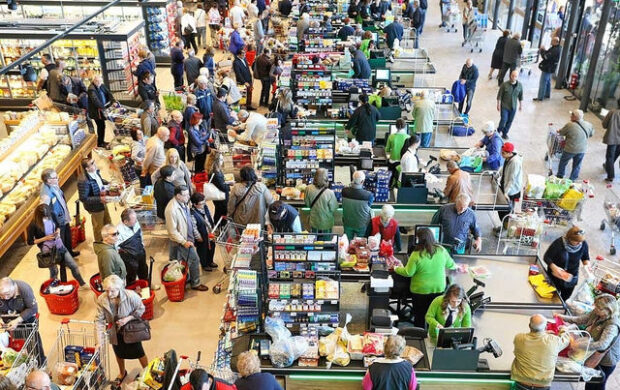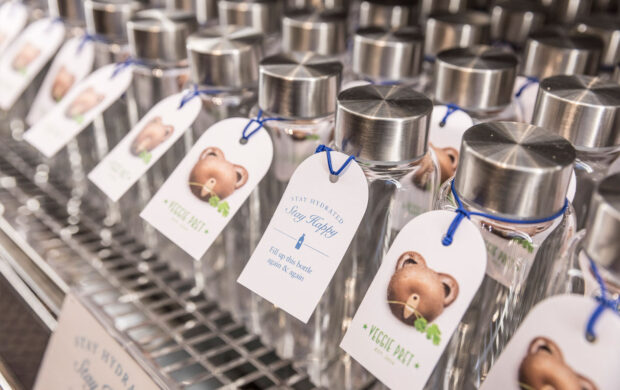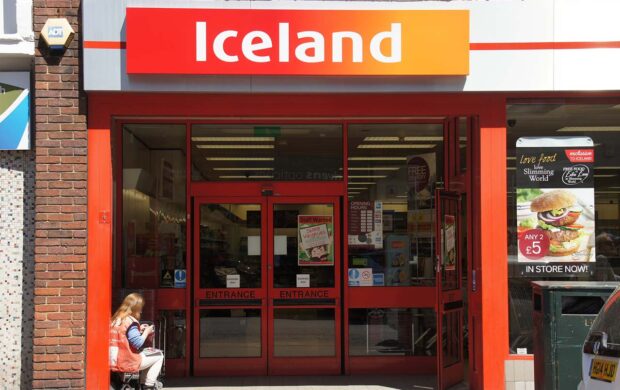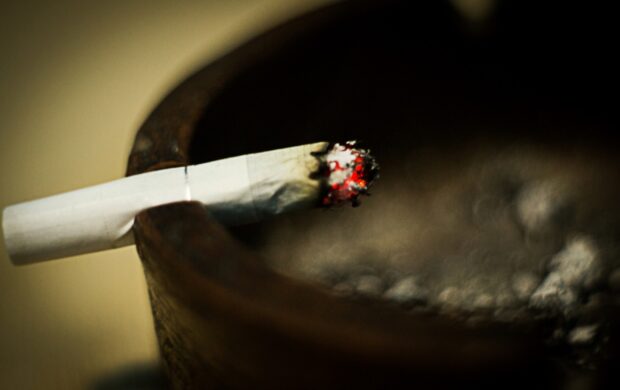Selfridges has banned single-use plastic water bottles from its food halls and restaurants to make an impact on the pollution of oceans, saving approximately 400,000 bottles each year. As Group Deputy Chairman Alannah Weston explains, the business aims to encourage people “to think twice about their use of plastic water bottles, which ultimately end up as waste destroying our precious oceans”. In the London food hall, customers can instead bring their own bottles and quench their thirst at a newly opened ‘Sea Change Drinking Fountain’ free of charge. In addition, Selfridges will offer an array of reusable Tetrapak and glass alternatives.
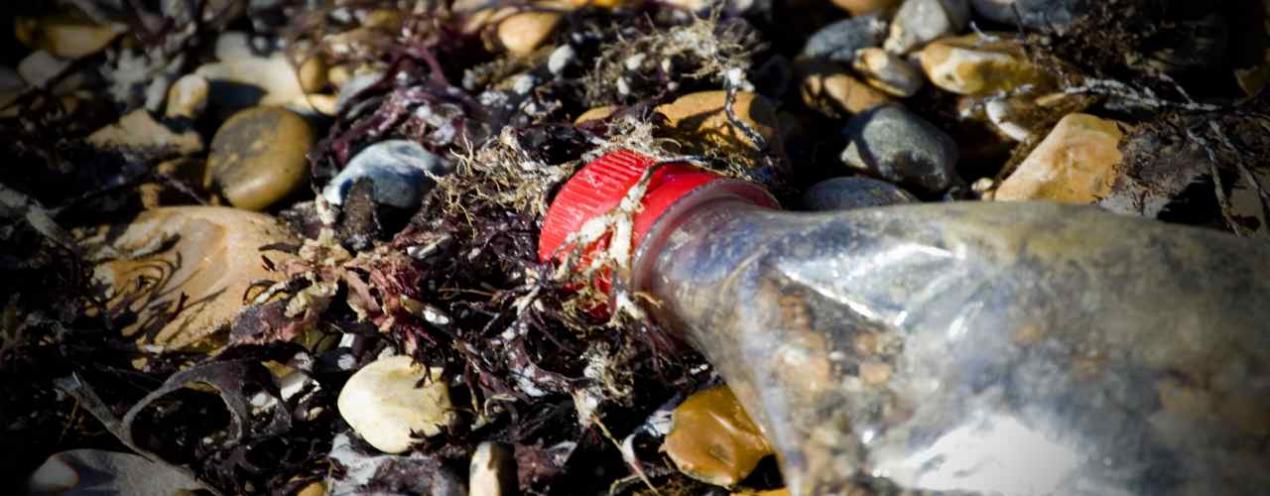
As part of Project Ocean, in conjunction with Zoological Society of London (ZSL) and the Marine Reserves Coalition (MRC), Selfridges is committed to marine conservation as well as to the protection of the world’s oceans.
Image credit: Damien Cox / Flickr



